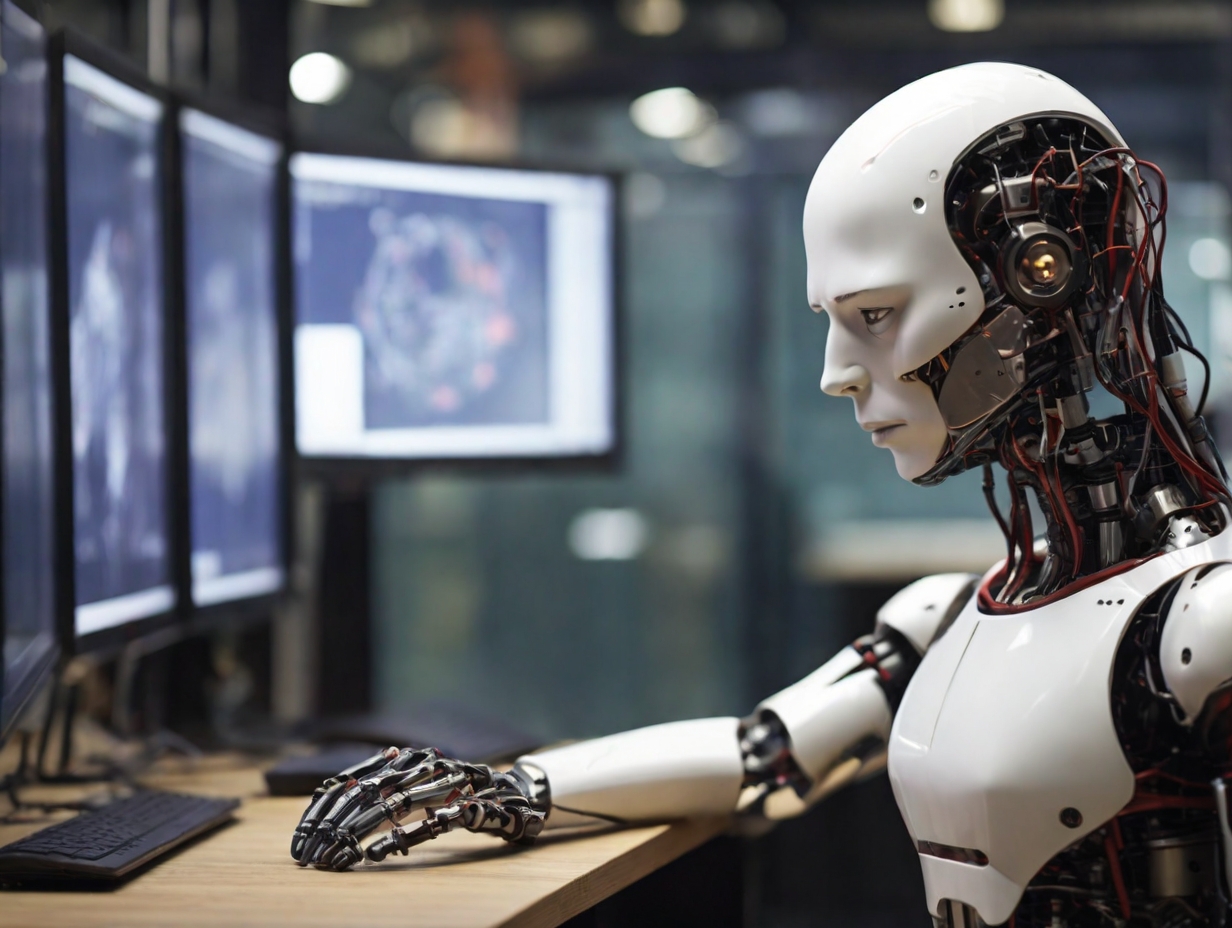The study by IPPR has an umpire warning concerning the possible effect on the UK job market due to the effect of artificial intelligence. The figures are rather envisaging when it is stated that as many as 8 million jobs in the UK are at risk of being lost if the Government doesn’t intervene to stop further worsening of skill deficit problems provoked by the introduction of AI into the industry. The jobs of those at the bottom are pronounced affected, be they entry-level or part-time employees or administrative staff. Women hold the most threat, especially younger workers and those whose income is below the board.
IPPR report findings
The IPPR’s workers are in occupations where no less than 1/9 of their jobs are set to be lost to AI. These particular chores, including handling of database and planning, as shown in this instance, are highly risky and possess the chance of being automated, therefore losing some jobs. Besides, capitalizing on developing artificial intelligence technologies for the company’s operational processes could also put more jobs at risk, with AI taking up 59% of tasks, especially those that are paid higher, like copywriting or graphic design.
The report categorizes three scenarios of AI unemployment, starting with one where the workforce is replaced completely and ending with another where there is no loss of jobs and the economy experiences GDP growth. Urgent action must be taken in the form of government policy to make the risks less of a challenge. For example, providing such jobs is the goal of an AI industrial policy designed for job creation and green jobs that are more recession-proof. In addition, implementing fiscal measures such as tax credits that encourage job preservation rather than replacement can be useful.
Call for training and upskilling
Nikoloz Foucaud, managing director for EMEA at Coursera, has similar sentiments to the report’s conclusion, suggesting that more attention should be paid to these matters and proactivity in this area to prevent AI from leading to job losses on a large scale. He makes the deeper point that companies must start with AI training, and women who are found to be facing probable risks of losing their jobs should be given the space to have different ways to learn. According to him, the successful implementation of AI should be based on a workforce that knows the appropriate skills needed to coordinate work with humans instead of the fear of job loss of people to machines.
The IPPR report gives a real-life illustration of hurdles awaiting the UK’s job market soon with the rapid implementation of AI. Artificial intelligence can help increase productivity and business growth. However, its capacity to make way for new job profiles must be considered. The necessity of immediate government interventions and the active involvement of businesses in providing training and reskilling to employees is paramount to tackling the perils of AI, enabling companies to catapult their success.





